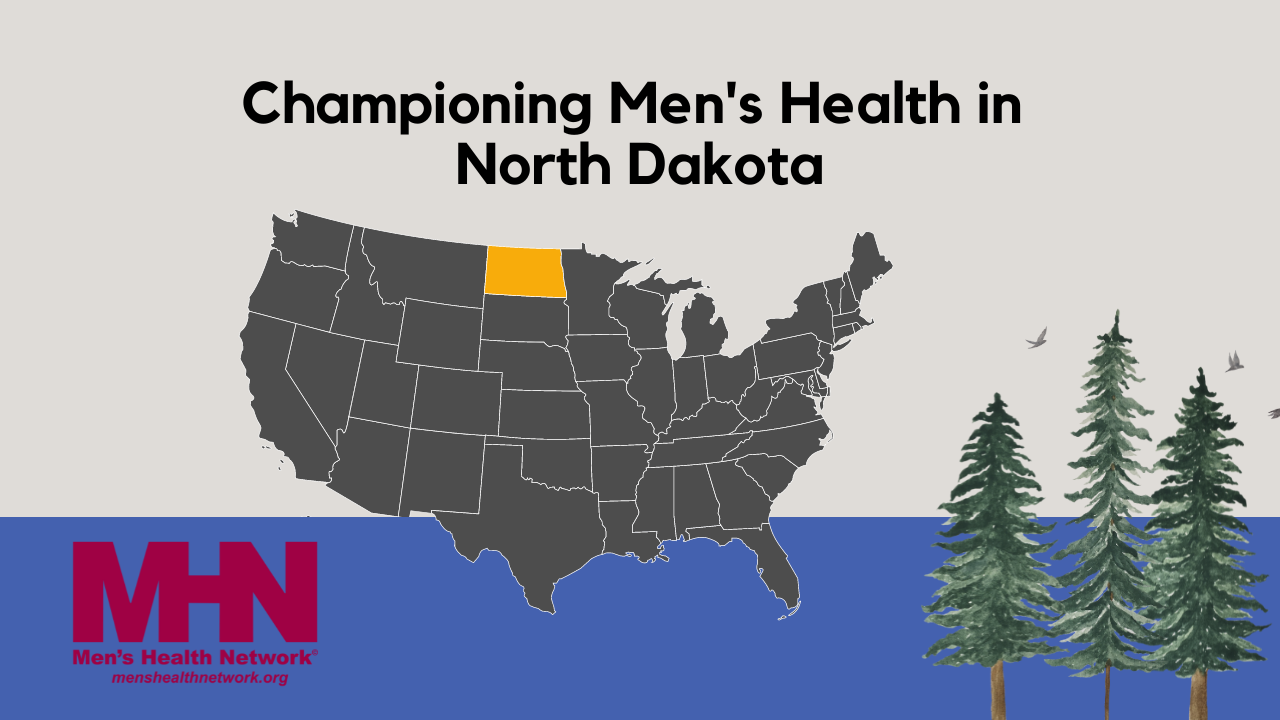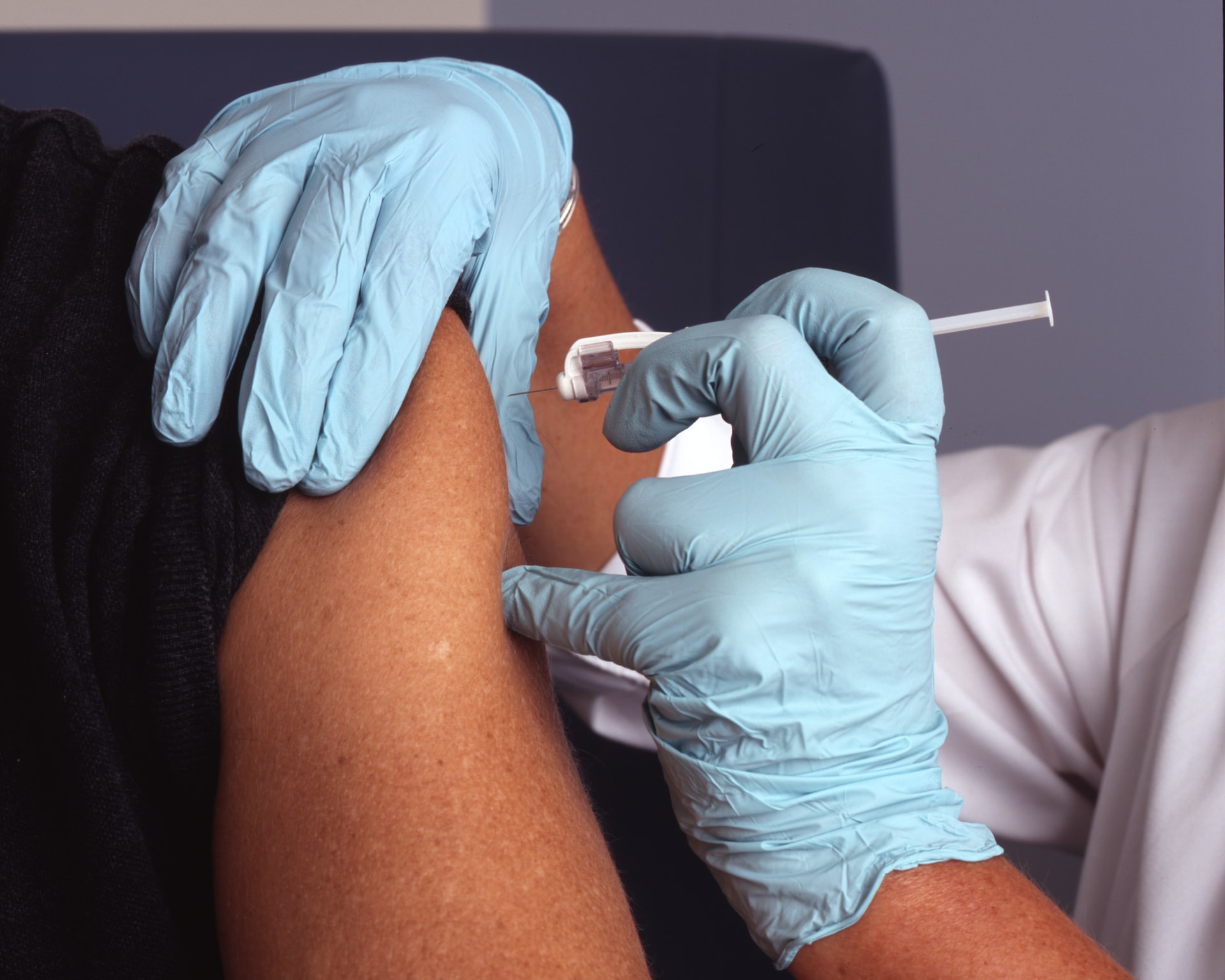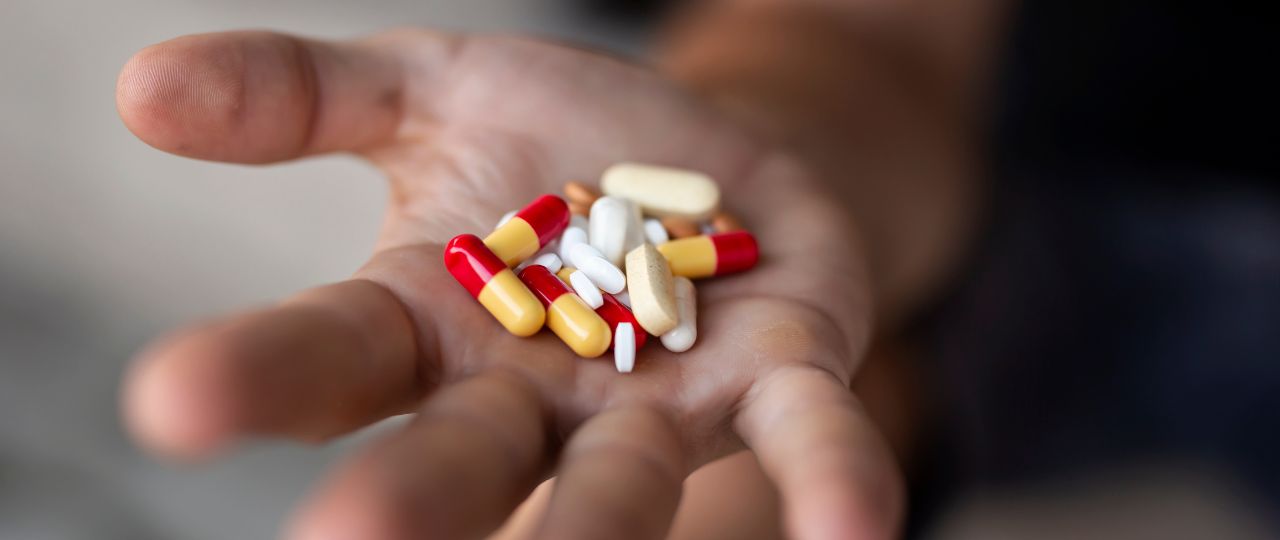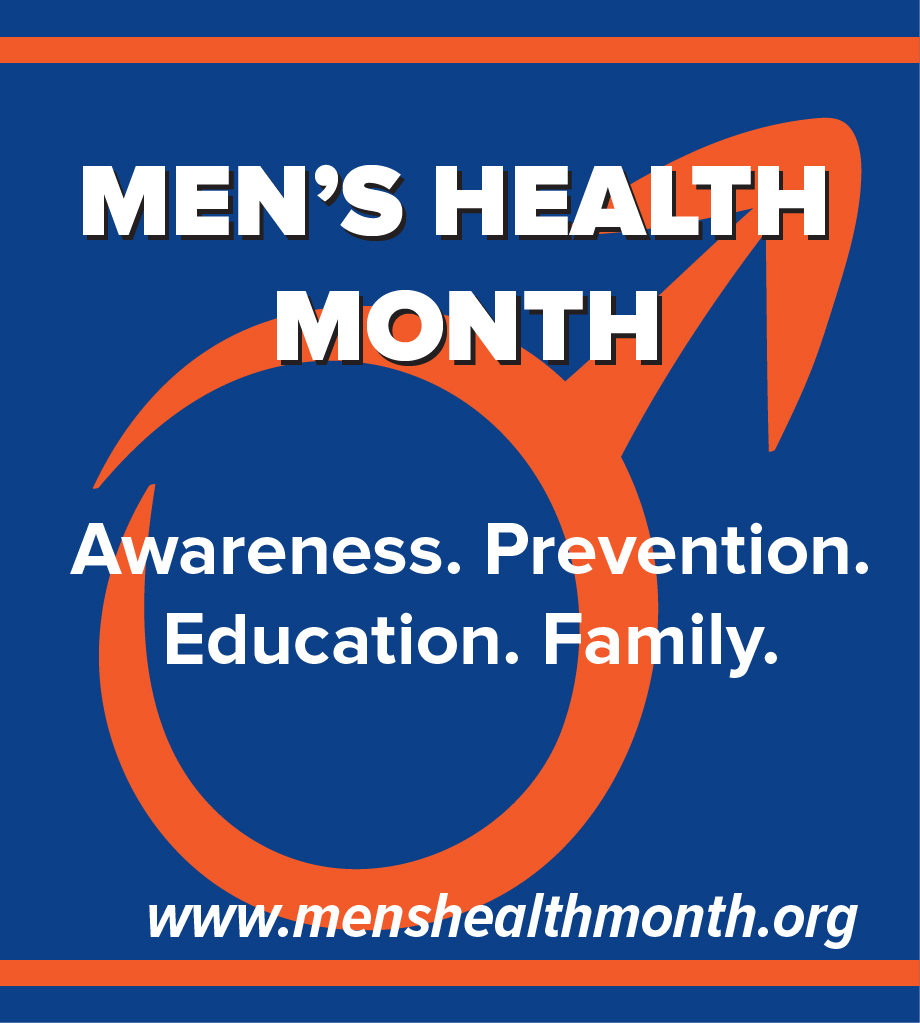Nationwide, men are more likely than women to engage in unhealthy and unsafe behavior, and the same can be said for men in North Dakota. In this article, Contributing Author, Hannah Hanson, offers insight into the ways North Dakota and the Centers for Disease Control and Prevention are taking charge of this disparity and implementing key programs to improve lifelong outcomes for men and boys.Continue reading
Category: Policy
Shining a Light on Men’s Mental Health: A Vital Focus During Mental Health Month
May is recognized as Mental Health Month, providing an invaluable opportunity to raise awareness and understanding about mental health issues. In this blog, we explore and discuss the significance of Mental Health Month for men, boys, and their families.Continue reading
Why Men Are the Way They Are
Dear Heathy Men: You’ve mentioned several times in this column that men don’t go to the doctor as often as women and that they live shorter, sicker lives than women. I’m sure that’s true. But what I really want to know is why? Why don’t men take better care of themselves? A: There are a number...Continue reading
Recovery-Friendly Workplaces
Dear Healthy Men: As a man in recovery, one of my main concerns is keeping my job as I work on healing—I need the income to support my family. I’m making good progress, but want to avoid pitfalls that might derail me. What, if anything, should I expect regarding my recovery on the job? Also,...Continue reading
Key Alzheimer’s risk factors affect men more than women, study shows
U of A scientists find an unexpected sex difference in how a particular gene and vascular health interact to affect memory loss. January 20, 2023 By Ramona Czakert Franson Scientists at the University of Alberta have discovered that important risk factors in Alzheimer’s disease affect males and females very differently. “Two types of risk for...Continue reading
Vaccine Access: How Race, Sex, and Class Impact Health Equity in the Pandemic Age
Pandemics have a way of shining a harsh light on inequities in our society. In recent years, we’ve seen global outbreaks that required rapid vaccine dissemination. But those vaccines often reach some communities more slowly than others—the same ones that are struck hardest by the pandemic and have the greatest need for healthcare intervention. Disparities...Continue reading
A Tale of Five Men’s Health Septembers
Dear Healthy Men: I know that Men’s Health Month was a few months ago, but shouldn’t we be paying attention to men’s health all year ‘round? A: Absolutely! That’s what we try to do here at Healthy Men—and it’s actually pretty easy. There are health-related awareness periods every month (Men’s Health Month, which you mentioned, is...Continue reading
Practicing Hope New Toolkit on Recovery Support in Communities
A Letter from the HHS Partnership Center Director Greetings friends, The data is in and, as many would have anticipated, the COVID-19 pandemic was experienced with particular hardship among those with substance use disorders. In 2020, the rate of drug overdose deaths accelerated and increased 31% from the year before – usually from opioids –...
PCORI and Men’s Health Network: A Key Partnership for Patient-Centered Research
This month’s recognition of Men’s Health Month provides a timely opportunity to celebrate the longstanding relationship between Men’s Health Network (MHN) and the Patient-Centered Outcomes Research Institute (PCORI) and to examine some of the lessons we have learned together that point the way forward in addressing the highest priority health problems facing men today. PCORI...Continue reading
June is Men’s Health Month
June is Men’s Health Month, which makes this the perfect time to highlight the massive public health crisis that too many of us are not aware of: On average, men die five years younger than women, with African American and Native American men having the shortest life expectancy1 and die at higher rates from 9...Continue reading










